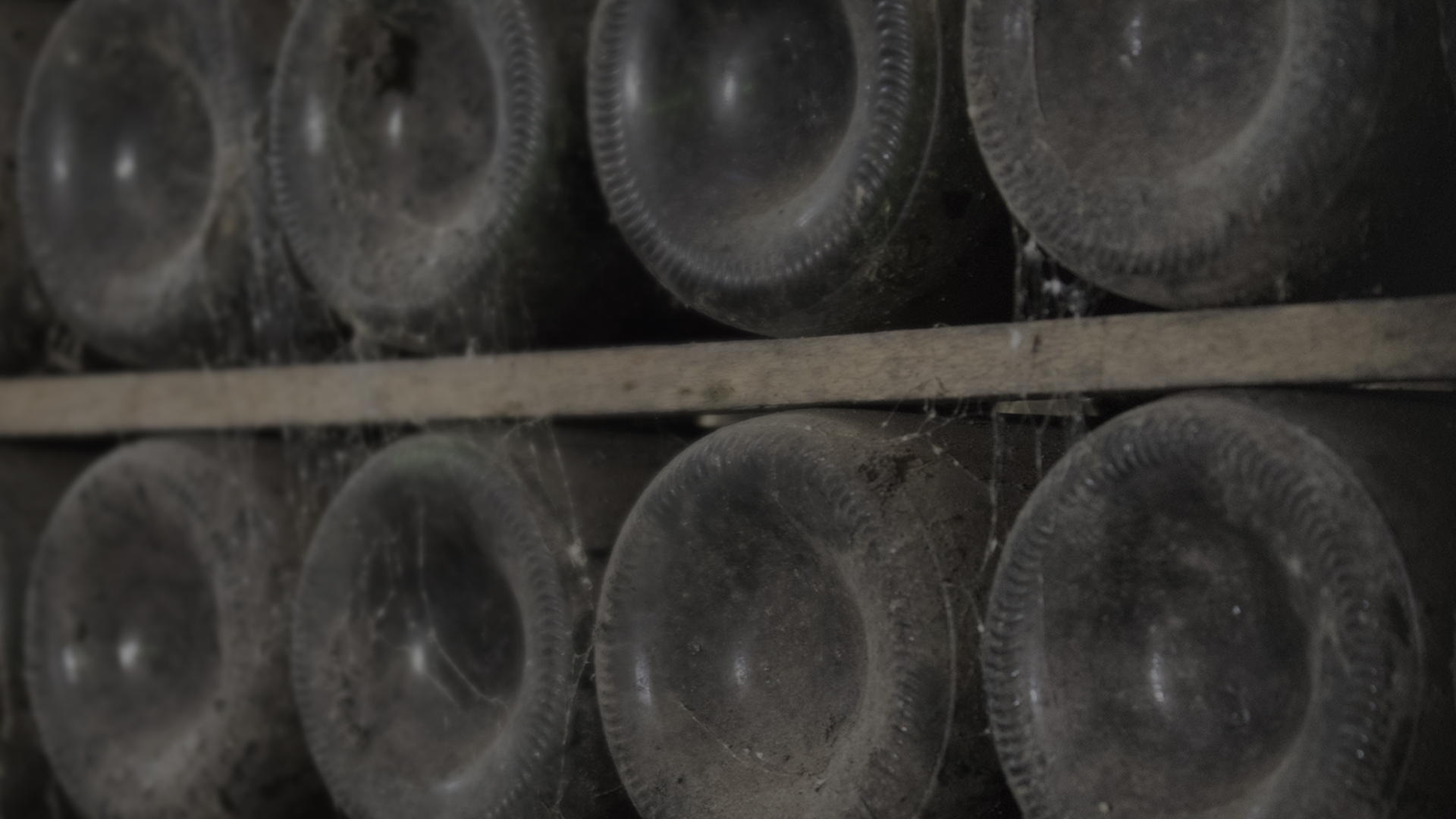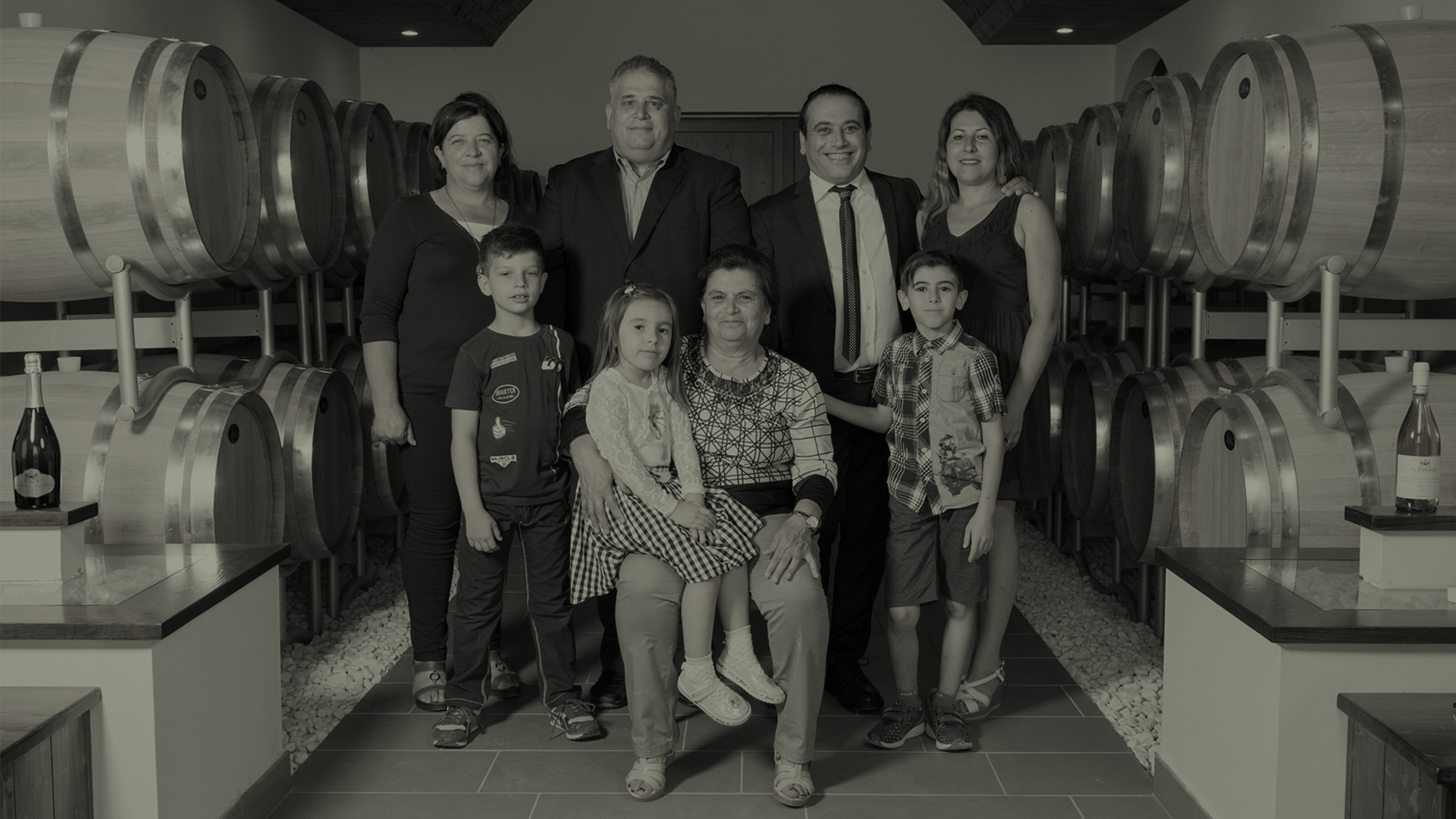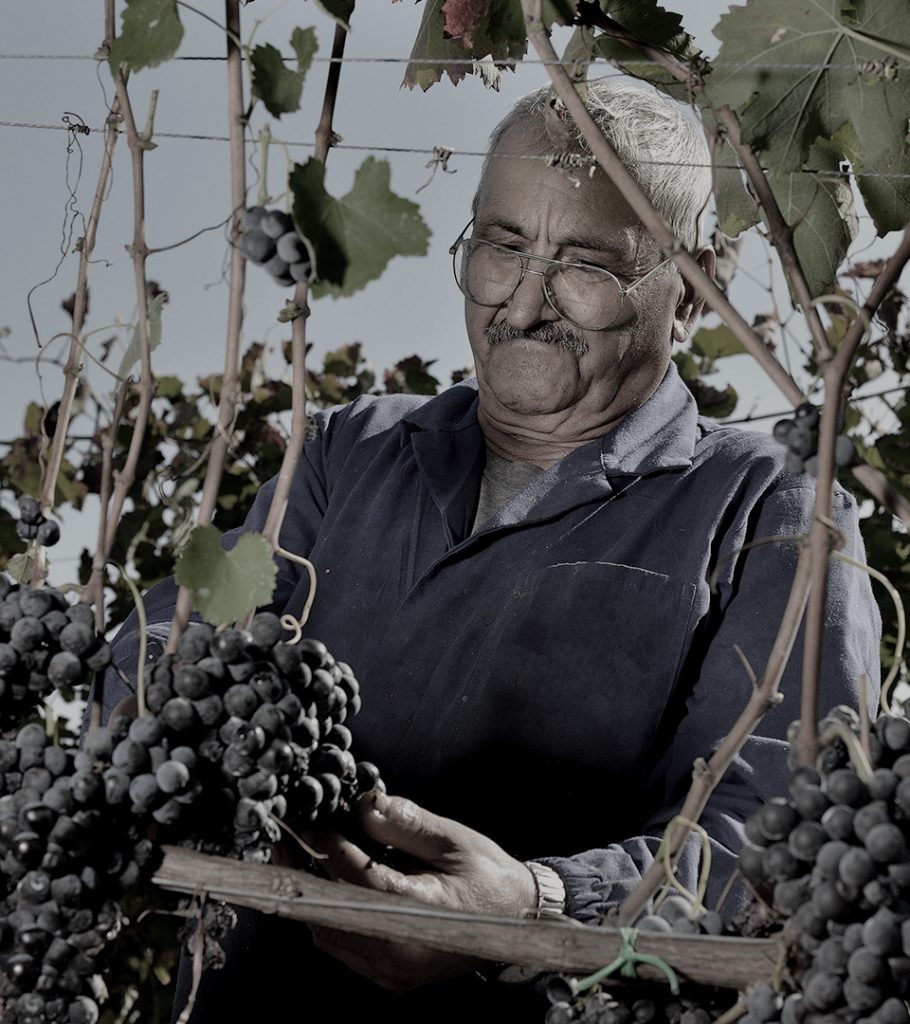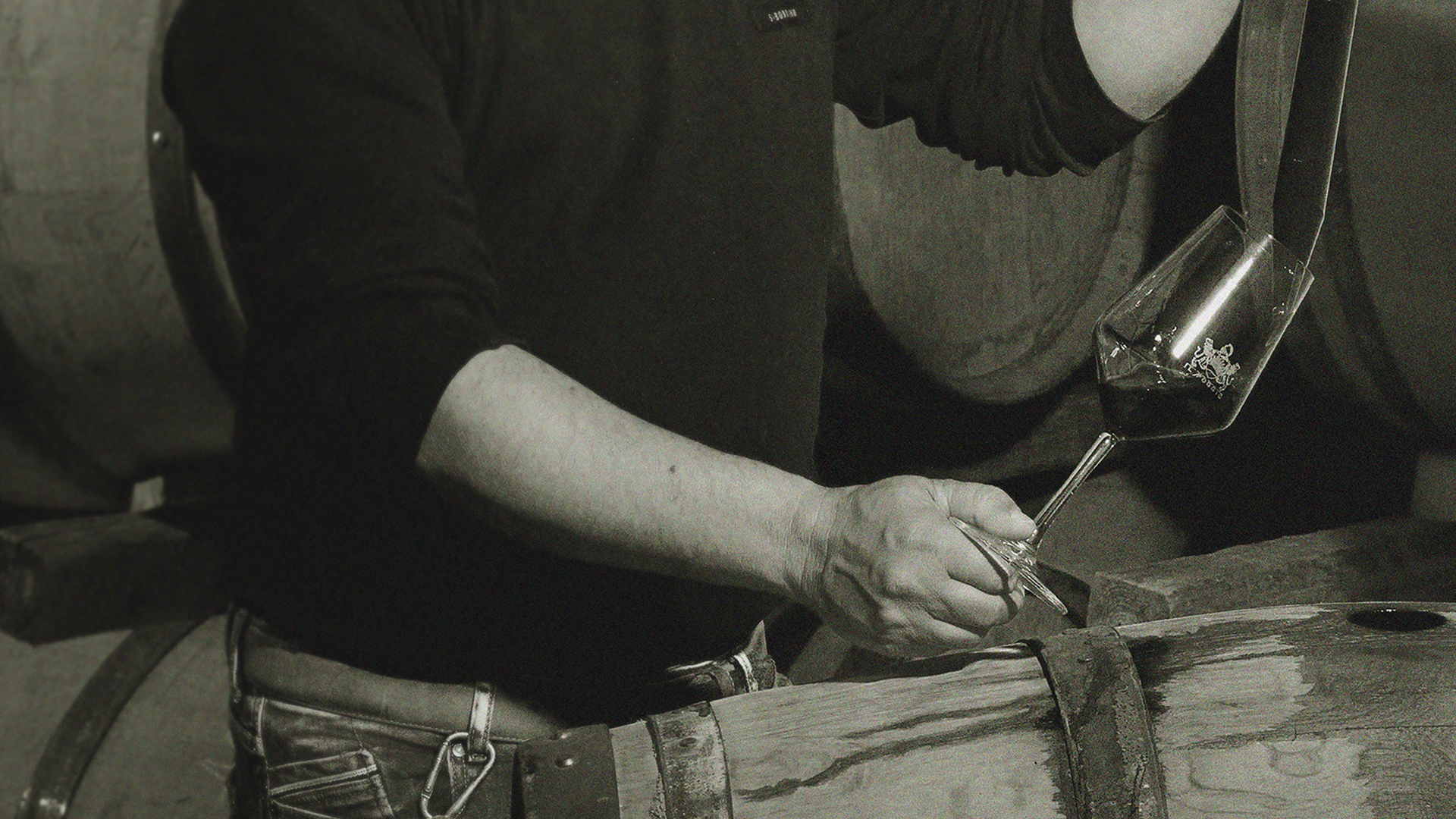
Since
1970
Farming Heritage
Once upon a time ther was Granpa Barbato
From 1760 to the early 1900s, the Fusco family was a family of farmers from the hills of the ancient Samnium. The opportunity to become winemakers appeared, in full Italy’s fascist period, in original circumstances that have always been handed down with a smile in the family. Grandfather Barbato, who emigrated to Brazil, used to send money to his family, along with the news about him.
The indirect recipient of the letter was the Potestà of Torrecuso, at the time a very small rural center, where only a few and mostly men of the institutions were able to read and write. Perhaps eager to surrender to an extra temptation, the head of the municipal government didn’t think twice about pocketing the money. He read the Brazilian letter to the family, flying over the references to the attached money and focusing on the health of the writer.
After years of this correspondence, one day it happened that Barbato announced his return to Torrecuso for the next month. Poor Potestà, he almost had a stroke. But the survival instinct of power solved everything. In the form of a liberal donation, the Fusco family was granted the Defenze land in Torrecuso, 3 hectares of wild hills, beautifully exposed to the sun, naturally suited to the cultivation of vines.


From winegrowers to wine producers
The Fusco family farm is still located in the Defenze district. Here Giuseppe, father of Carmine and Marco, began with commitment to start the first harvests of Aglianico to which they added, in the mid-1980s, also the cultivation of Falanghina grapes. In 1997 the big step: Carmine and Marco decided not to limit themselves to cultivating the vineyard but to produce wine.
Among the local winemakers, the Fusco family can historically boast some advances: the first concrete tanks for fermentation, the first rototiller and, above all, the culture of making wine mature in wood. The two magnificent 50-hectolitre local oak barrels that grandfather Carmine commissioned from a local cooper, are displayed in the farm, beautifully preserved. In 2001 the first bottles of Aglianico and Falanghina were sold. Today, Il Poggio exports mainly to northern Europe, Canada and the United States.


